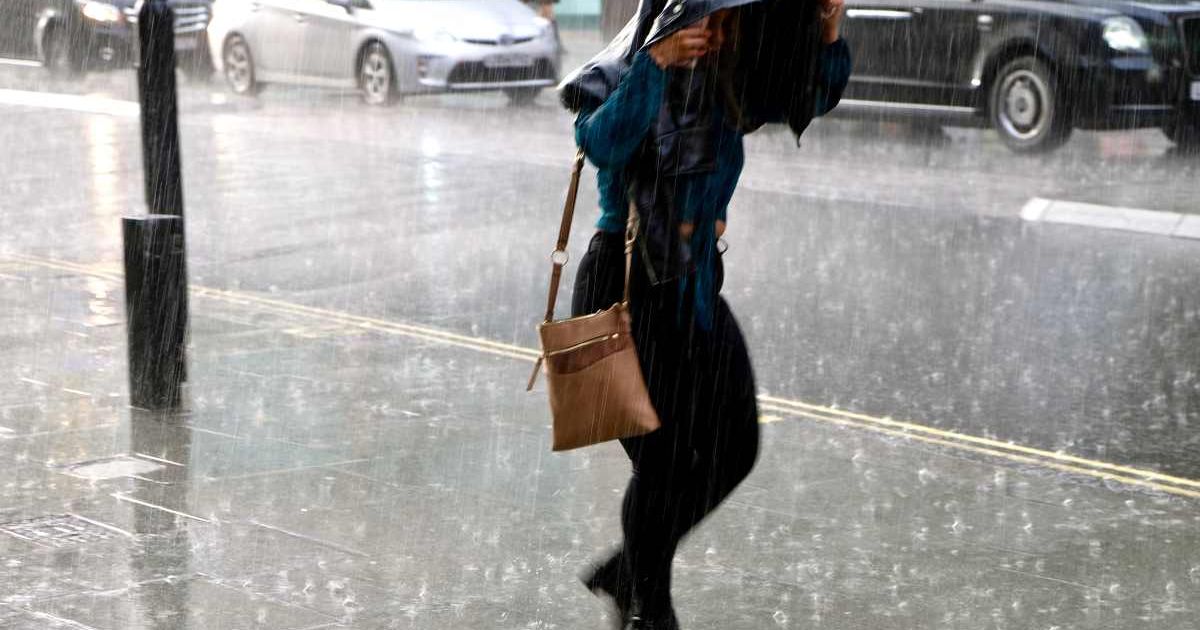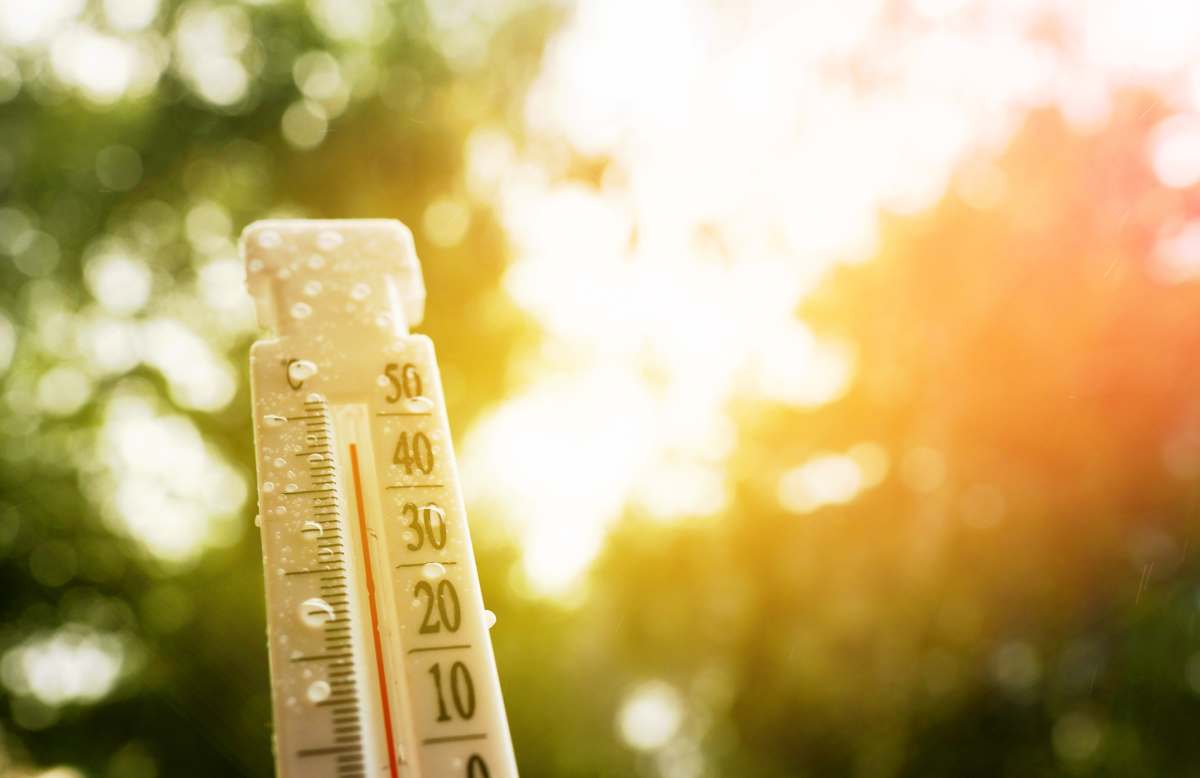Our Planet Could Get Four New Seasons Due to Rapid Climate Change — Research Finds

Climate change isn't just changing the temperature patterns throughout the year — it is now also reshaping the very seasons that we’ve known for hundreds of years. In a recent report, scientists have warned that the four-season cycle of spring, summer, autumn, and winter is being disrupted, with several new seasons also coming up. The four new seasons are emergent, extinct, arrhythmic, and syncopated. This research was done by two geographers at the University of York and the London School of Economics in the UK. It is published in the journal titled Progress in Environmental Geography.

Earth tilts 23.5 degrees as it orbits around the Sun, creating seasons by changing how much sunlight different regions get. While this tilt isn’t changing, the study shows how human-driven climate disruption is reshaping the seasons we have commonly known. One among the four new types of seasons is the Emergent season, which shows entirely new seasonal patterns as human actions combine with natural air and ocean cycles. An example of this is the rise of haze seasons in Southeast Asia, as reported by IFL Science. In places such as Indonesia, Malaysia, and Singapore, people now witness heavy air pollution caused by the widespread burning of tropical peatlands.

Another category is Extinct seasons, referring to a season that once existed in the past but has now vanished. A notable example is the disappearance of kittiwake season along the northeast English coast. Next in line are the Syncopated seasons, which describe shifts where already existing seasonal patterns seem to intensify or weaken compared to how they once occurred. For instance, many regions across the world are now witnessing hotter summers and gentler winters. The wildfires in Northern Europe are also experiencing a growing trend.
The last one is the Arrhythmic season, which is marked by irregular shifts in the timings of the natural events. It disrupts the seasonal calendars that communities have long been witnessing. The examples of this include longer summers and shorter winters. All the changes listed above can break the natural coordination between plants and animals, while also unsettling human communities that rely on these cycles for their livelihoods. For generations, Mekong River communities have depended on seasonal flows for fishing and farming.
Initially, dams disrupted their lives, and now climate change is making dry seasons longer, rainy seasons shorter but heavier, leading to uncertainty for farmers, as reported by Live Science. The way in which humans respond to these shifting seasons plays a major role in shaping the outcomes. For example, in Southeast Asia, the public awareness of the haze season has prompted positive outcomes like improved air-quality forecasts. Understanding the core issue helps the communities to prepare, adapt, and take action to reduce its impact. Awareness is also the first step toward protecting our future generations, our families, and even the planet we live on.
More on Green Matters
Cold and Snowy or Warm and Dry? — Winter 2026's Weather Prediction
What Earth in 2050 Will Look Like if Global Warming Blows Past the 1.5-Degree Celsius Limit